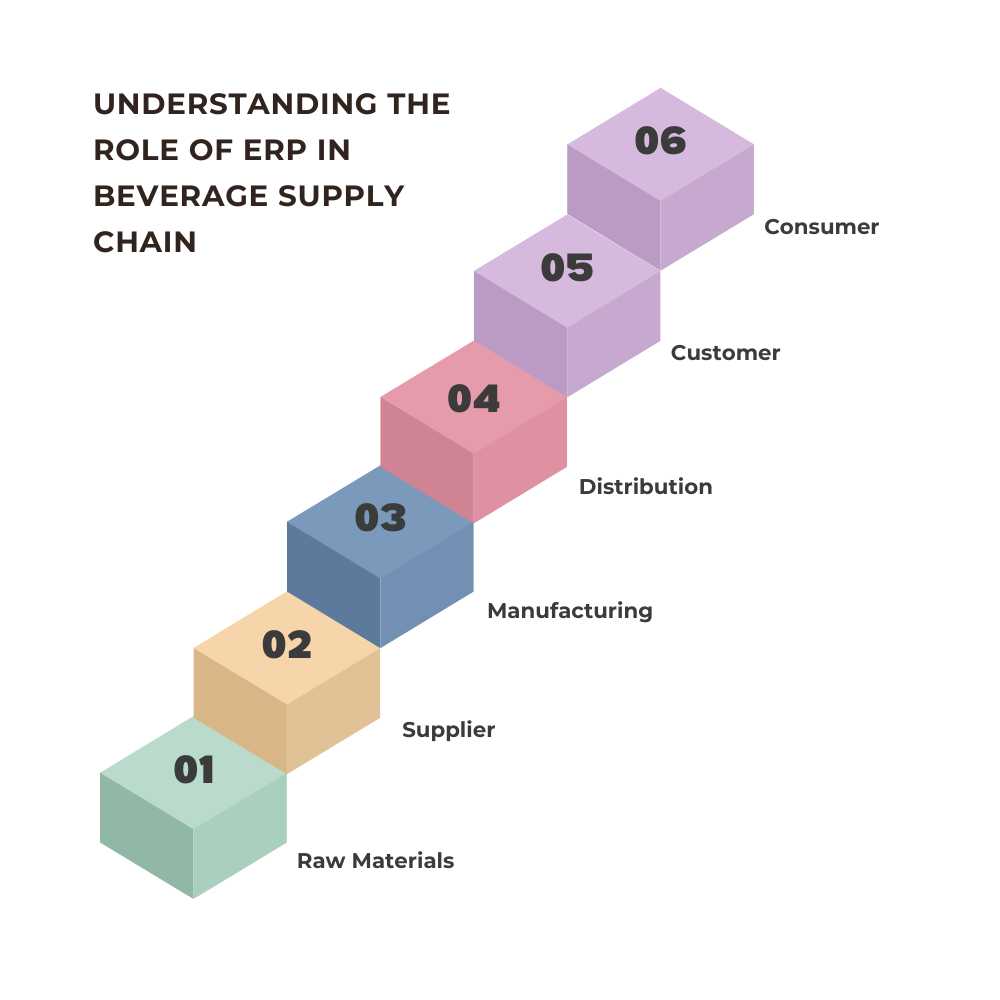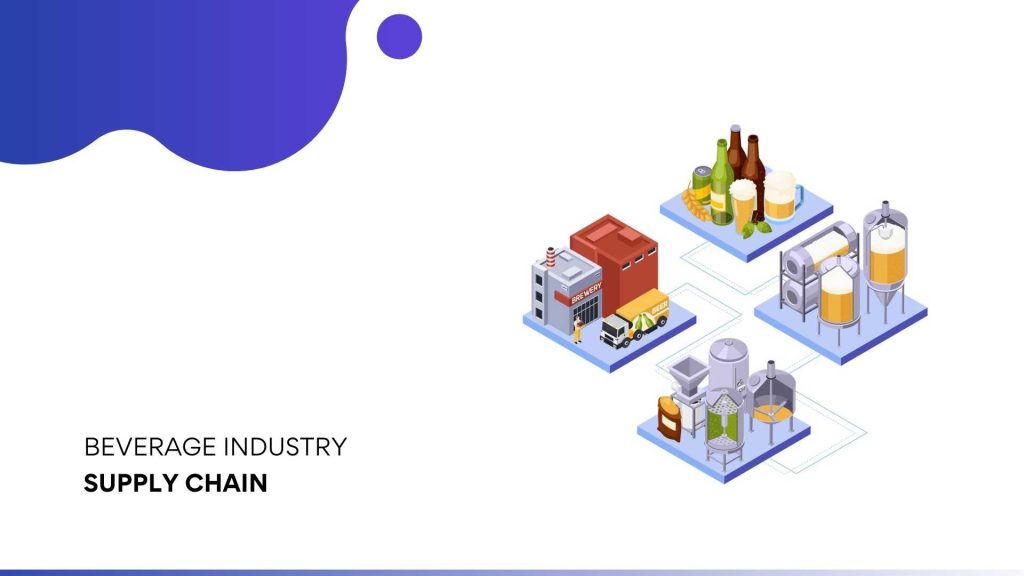In global commerce, few industries are as intricate and demanding as the beverage sector. The supply chain dynamics in this domain are a delicate dance of precision, demand forecasting, logistics, and resilience. From soft drinks to alcoholic beverages, the challenges supply chains face in the beverage industry are multifaceted and constantly evolving. In this blog, we delve into some of the prominent challenges that beverage companies encounter and explore potential strategies to overcome them.
Demand Volatility and Seasonality
The beverage industry is highly susceptible to fluctuations in consumer preferences, seasonal demand spikes, and ever-evolving market trends. For instance, the demand for certain beverages can significantly surge during holidays, festivals, or specific weather conditions. Predicting and managing this volatility while ensuring optimal inventory levels remains a persistent challenge.
Supply Chain Disruptions
Global events, natural disasters, geopolitical tensions, and, now more than ever, unexpected health crises (as seen with the COVID-19 pandemic) have highlighted the vulnerability of supply chains. Interruptions in the supply of raw materials, packaging, or transportation can wreak havoc on the beverage supply chain, leading to production delays and distribution challenges.
Quality Control and Compliance
Maintaining high-quality standards and compliance with stringent regulations across multiple geographies adds another layer of complexity. Ensuring consistent quality of ingredients, adhering to safety standards, and navigating varied regulatory frameworks can pose substantial hurdles for beverage manufacturers.
Logistics and Transportation
Efficient transportation and logistics management are critical in the beverage industry. Factors like perishability, varying shelf lives, and the need for specialized handling can increase costs and logistical complexities. Ongoing challenges include optimizing transportation routes, managing last-mile delivery, and minimizing product damage during transit.
Sustainability and Environmental Concerns
With growing consumer awareness about sustainability, there is increased pressure on beverage companies to adopt eco-friendly practices. It includes sustainable sourcing of raw materials, reducing carbon footprints in transportation, and developing recyclable or biodegradable packaging. Balancing sustainability goals with cost efficiency remains a significant challenge.
Technology Integration and Innovation
Embracing technology such as IoT, data analytics, and AI-driven forecasting tools can enhance supply chain efficiency. However, implementing these technologies seamlessly across the supply chain and integrating them with legacy systems can be daunting for many beverage companies.

Strategies to Address These Challenges
- Data-Driven Forecasting: Utilize advanced analytics and predictive models to forecast demand accurately, minimizing the impact of volatility.
- Diversification of Suppliers: Establish relationships with multiple suppliers to mitigate risks associated with disruptions in the supply chain.
- Investment in Sustainability: Embrace sustainable practices, including eco-friendly packaging and energy-efficient logistics, to align with consumer preferences.
- Collaborative Partnerships: Foster collaborations across the supply chain to enhance visibility, transparency, and responsiveness to changes.
- Continuous Innovation: Embrace technological advancements to streamline operations, improve inventory management, and optimize logistics.
The beverage industry’s supply chain complexities demand a multifaceted approach that balances flexibility, innovation, and resilience. Successfully navigating these challenges requires a strategic blend of proactive planning, technological integration, and a keen understanding of consumer trends. By addressing these hurdles head-on and fostering adaptability, beverage companies can emerge stronger, ensuring a consistent flow of refreshments to consumers worldwide.
Conclusion
Acumatica ERP is a robust solution poised to revolutionize the beverage industry supply chain. With its comprehensive suite of tools encompassing real-time visibility, streamlined operations, and data-driven decision-making, Acumatica offers a tailored approach to meet beverage companies’ unique challenges.
From demand forecasting to inventory optimization and seamless integration across the supply chain, Acumatica empowers businesses to navigate volatility, improve efficiency, and achieve greater agility in responding to dynamic market demands.
Its ability to harmonize diverse aspects of the supply chain positions Acumatica as a pivotal ally in elevating the beverage industry’s operational excellence and fostering sustained growth.

Sangeetha brings 20 years of experience in Information Technology which includes Solution architecting, building micro services, research, and evaluation of business applications, integrating apps.

